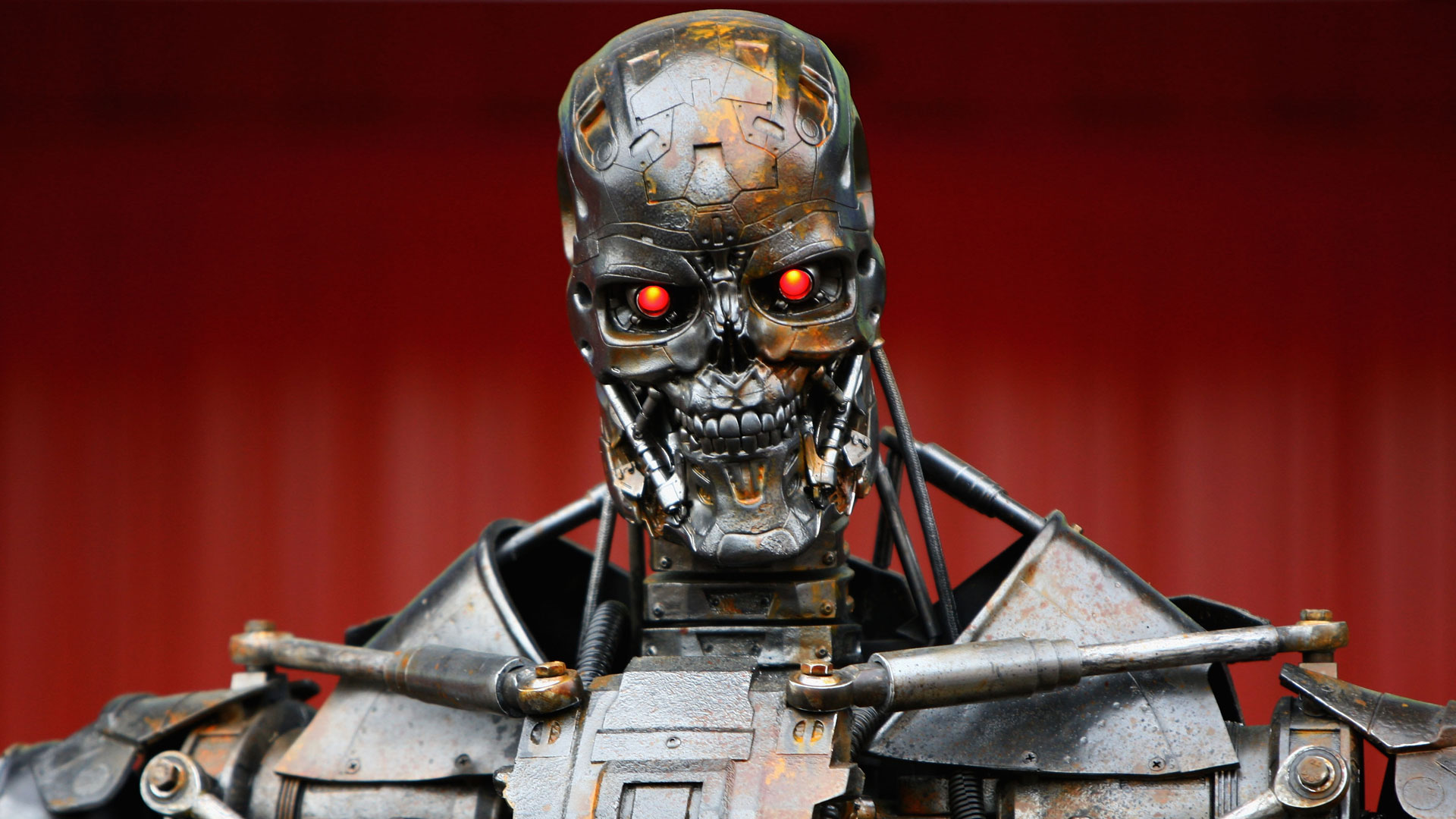Researchers build AI that can replicate and alter itself and I'm pretty sure that's an opening line from the original Terminator script
Aizip's breakthrough starts with sneakers and then...who knows

If you imagine a jackhammer slamming in a pushpin into the ground, you get the idea of how some AI and models are too much for our sometimes very specific tasks. I mean, the AI we have today can do so many things, often by leveraging cloud-based large (emphasis on large) language models (LLM) to get the job done.
These AIs like ChatGPT are not built to respond to real-time sensor data and make custom changes but according to an engrossing new report on Tom's Hardware, researchers have found a way to build a new system that ingests real-time sensor data and then like a real-world Multiplicity, create a new and slightly different AI replica.
Have you ever seen Multiplicity? The 1996 Michael Keaton classic is the tale of an average guy who lets a local scientist clone him. He eventually clones himself multiple times until he has a small army of geniuses, misanthropes, and even idiots that all look just like him.
Unintended consequences
Now, I'm not saying this AI clone system will result in a million stupid AI clones, but I think we're entering the valley of unintended AI consequences.
The plan, as described by UC Davis Professor Yubi Chen, is quite sensible (see what I did there?). Chen launched his own small AI model company Aizip which will interface with sensors in, for instance, running shoes to replicate and alter an AI so that it makes adjustments based solely on this new data. It's a sort of less is more approach. Instead of a large model that knows everything about how everyone runs, this AI clone knows just about your gait.
Similarly, it might be used to spit out a new custom AI that understands your aural needs and adjusts a headset based on both the ambient noise and the mechanics of your ears.
We've been embedding sensors in everything from fabric to wall paint for years and the long view here is that custom, small model AI could transform these and many other IoT objects. It all sounds pretty exciting.
The team that built it certainly believes it's a big deal, writing, "This development is more than a technological leap; it represents the dawn of a new era in which every item can become a smart, evolving, and adapting companion."
Do it, but carefully
As someone who is deeply embedded (yes, I said it) in the world of technology, this should thrill me. A few years back I urged people to stop whining when smart technology doesn't work and I do believe people don't appreciate the technological leaps smart home and IoT technology has achieved in the last half decade. But AI is like pouring a heaping spoonful of cayenne pepper into the smart things mix. It's so smart but has proven to be somewhat unpredictable and sometimes just too hot or...er...wrong.
Now we have AI that, at a much smaller scale, can replicate itself but not as a perfect duplicate but as a slightly Multiplicity-style clone that is recognizable as the original but also different and obsessed with, say, one aspect of your sneakers, or shirt, the refrigerator, your lighting setup, or the shows you watch on TV.
Who's to say what the AI learns from these embedded sensors? I guess the researchers are building in guardrails but didn't they do the same with Skynet?
At some point, a learning and self-replicating AI that is spitting out children in its image but with certain special capabilities could take a wrong turn.
I do say bravo to the researchers for figuring out technology that could end up embedded in sneakers or some other smart device near you as soon as next year, but if those Keds ever decide to start running you in the wrong direction, well, you were warned.
You might also like
Get daily insight, inspiration and deals in your inbox
Sign up for breaking news, reviews, opinion, top tech deals, and more.

A 38-year industry veteran and award-winning journalist, Lance has covered technology since PCs were the size of suitcases and “on line” meant “waiting.” He’s a former Lifewire Editor-in-Chief, Mashable Editor-in-Chief, and, before that, Editor in Chief of PCMag.com and Senior Vice President of Content for Ziff Davis, Inc. He also wrote a popular, weekly tech column for Medium called The Upgrade.
Lance Ulanoff makes frequent appearances on national, international, and local news programs including Live with Kelly and Mark, the Today Show, Good Morning America, CNBC, CNN, and the BBC.